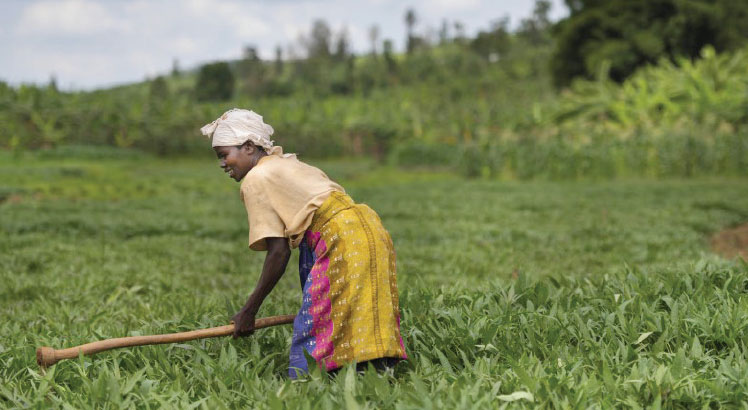Protect cross-border traders, says UN
Given that informal cross-border traders are vulnerable to Covid-19, economic policy interventions effected in view of the pandemic should avoid severe restrictions but create an enabling and cautious business environment, United Nations Economic Commission for Africa (UNCEA) has said.
In a policy brief titled Informal Traders: A Balancing Act of Survival, UNCEA says informal cross-border traders have been hit hard by Covid-19, hence trade requirements should be relaxed for informal traders to survive.

The report, which examines cross-border trade in Malawi and other African countries, says supporting the growth of informal cross border traders’ capacity would help boost trade, contribute to overall development goals and keep them afloat.
“Cross border traders should be supported through initiatives. For example, for authorities less comfortable with the idea of partially reopening borders to informal trade on foot, another option would be to facilitate the aggregation of small-scale traders’ goods,” said the report.
The UNCEA argues that informal cross-border traders are among the most vulnerable as such delaying action risks detrimental and irreversible damage to the traders is much larger than the risk of Coivd-19 itself.
Yet, informal cross-border trade is a significant studies suggest that the value of informal trade may even exceed the value of formal trade with neighbouring countries. This trade not only serves border communities, but also provides a lifeline for urban cities spanning entire corridors. phenomenon in Africa. Several
Cross Border Traders Association president Esther Tchukambiri said in an interview that traders have been heavily buttered by Covid-19 effects and are only benefiting marginally from their trading activities.
“Apart from problems relating to cross-border trade like lack of finance for trade, market infrastructures and verbal harassment, we suffer from policy issues despite the fact that we economically transform the economy. The restrictions have just made things worse and to hear there are considerations to let us trade is a relief,” she said.
According to Tchukambiri, softening policy regulation and introducing policies that are friendly to women cross-borders would help them diversify women’s economic activities and contribute to economic development.
Ministry of Industry and Trade spokesperson Mayeso Msokera is on record having said that cross-border traders are very critical to the economy of Malawi because they are contributing between 30 and 40 percent of economic operations in the country.
While it is difficult to precisely assess the magnitude of such trade due to lack of consistent measurement tools and accurate data, estimates suggest that cross-border trade continues to play a large role in Africa.
In the Sadc region, for example, informal cross-border trade is estimated to amount to $17.6 billion per year, approximately 30 to 40 per cent of total regional trade.





